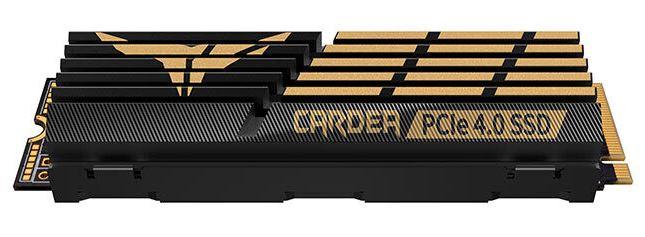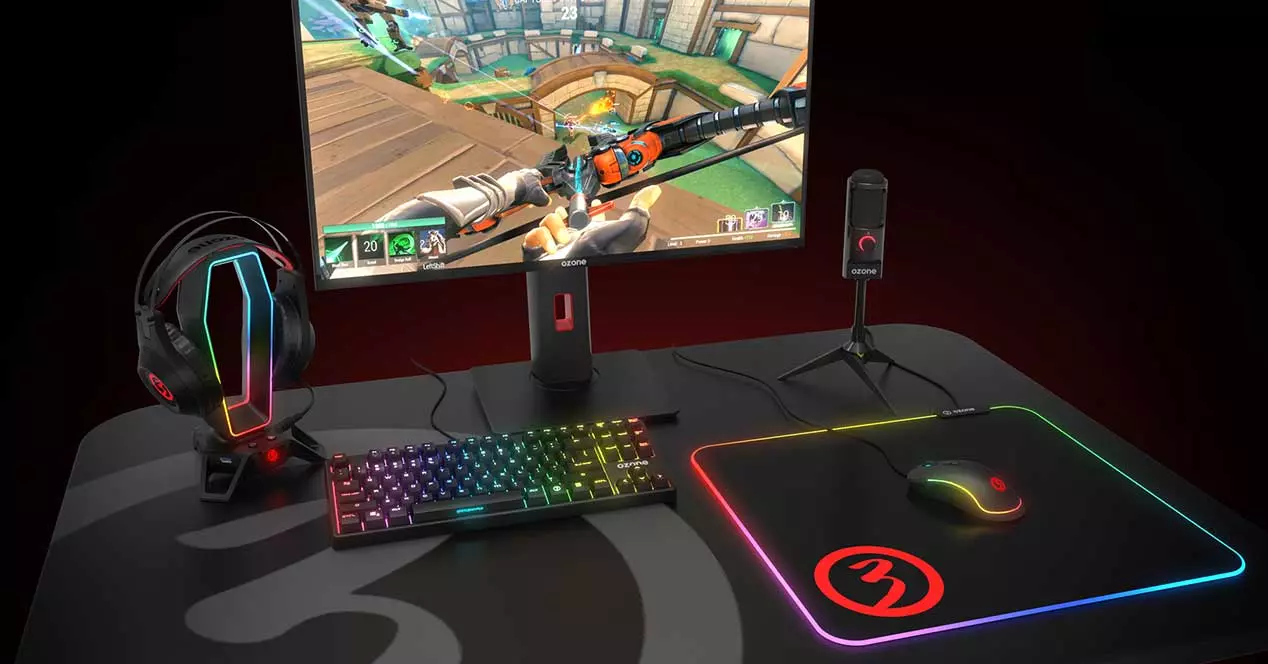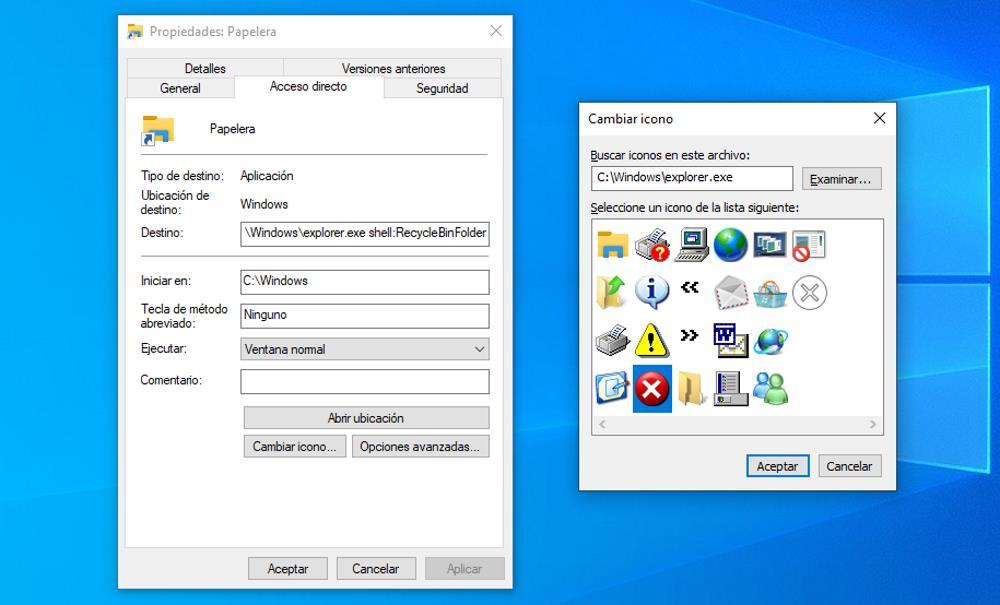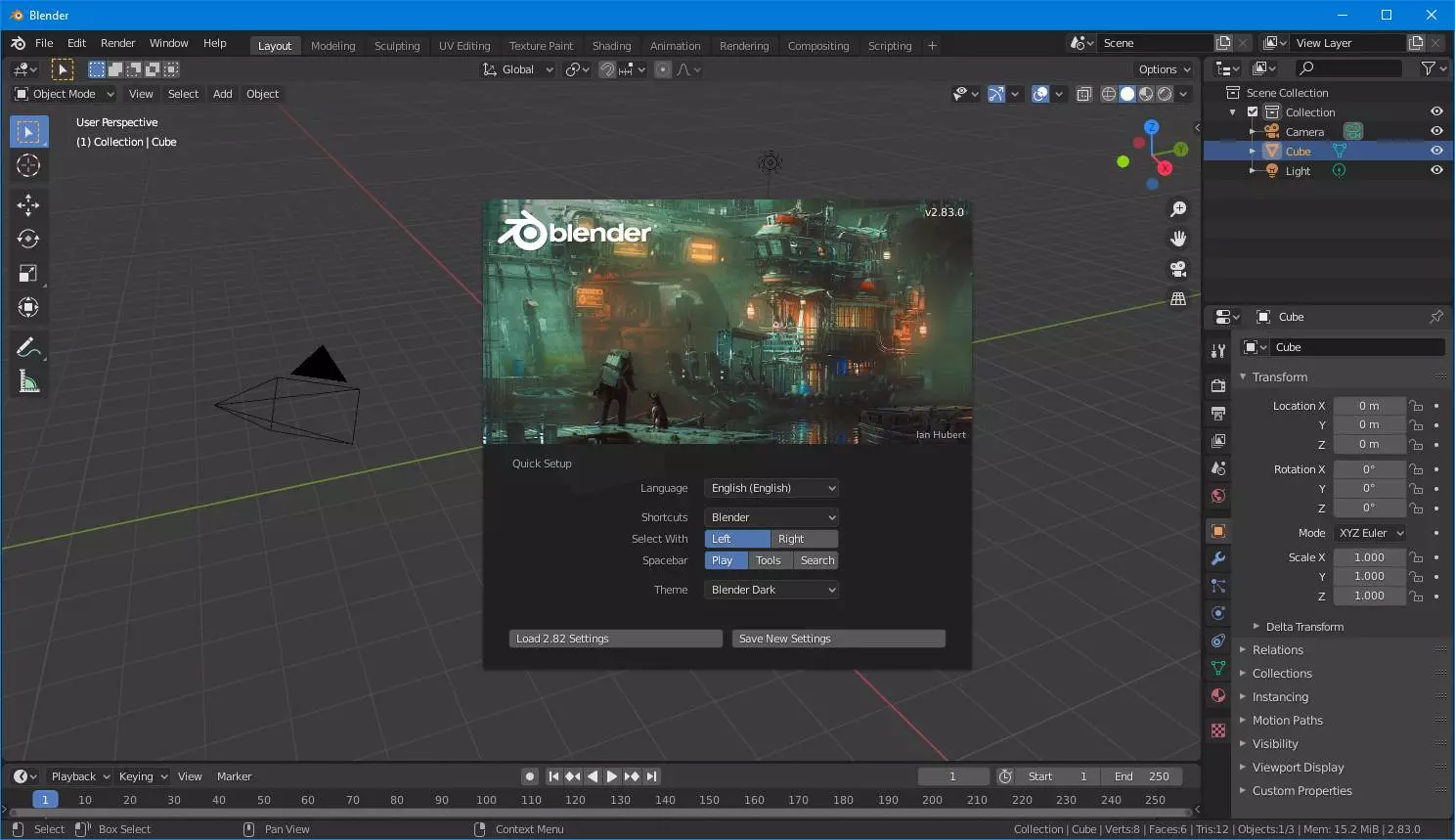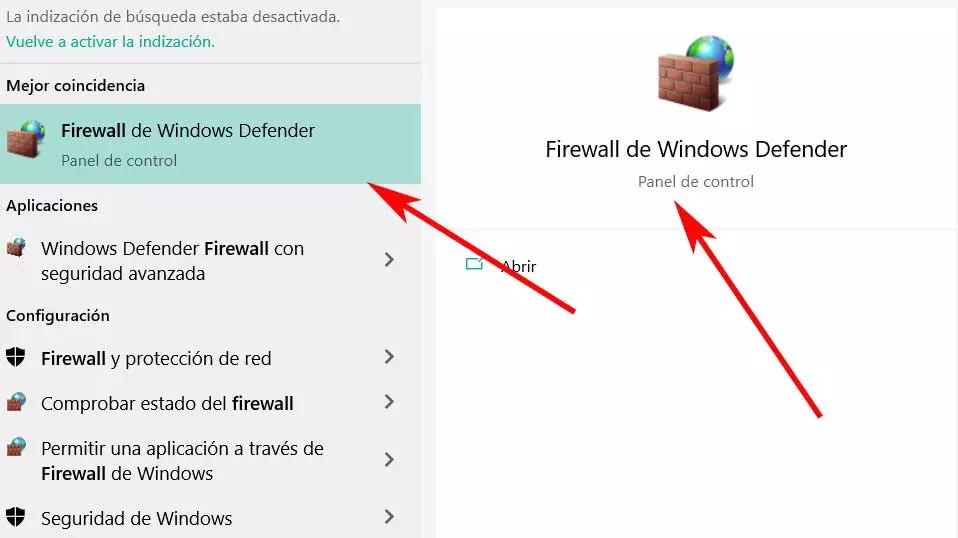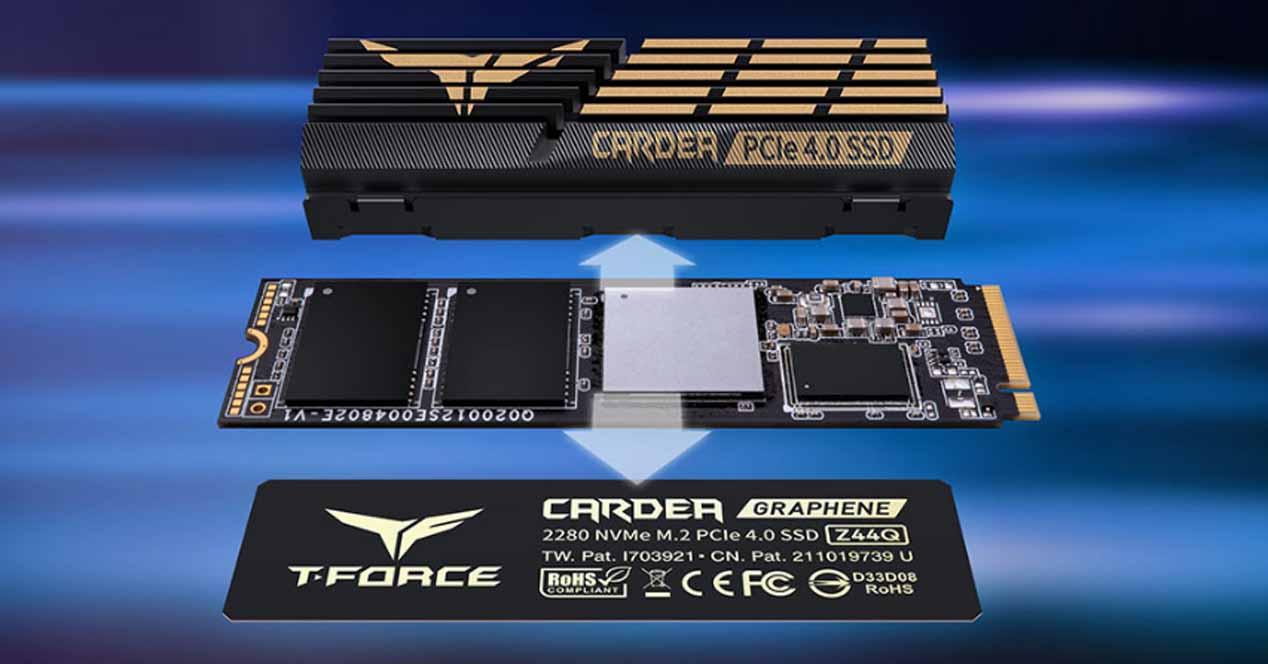
The new TeamGroup T-Force Cardea Z44Q uses QLC Flash memory chips and PCI-Express 4.0 x4 interface that supports the latest NVMe 1.4 standard and provides a maximum capacity of 4 TB (in fact they only release it in two capacities, with 2 and 4 TB). Thus, consumers will be able to opt for different specifications according to their preferences, budget and needs, but the idea is that gamers can have everything, from the best possible cooling to the best performance and capacity in its category.
TeamGroup T-Force Cardea Z44Q, with graphene heatsink
Equipped with QLC Flash memory chips, the T-Force Cardea Z44Q PCIe 4.0 supports the latest PCIe 4 × 4 interface and the NVMe 1.4 standard, which means it also supports the PCIe 3.0 interface. This SSD offers read speeds of up to 5,000MB / s while the writing speed remains at 4,000 MB / s, far from the latest models that already offer more than 7,000 MB / s of performance.
In any case, the great novelty of these SSDs is that they are equipped with two proprietary cooling modules that users can freely exchange. On the one hand we have a heat sink with high resistance aluminum sheets that will provide the best possible passive cooling in its category, while the second module is much less thick and therefore compatible with a greater number of devices. it is made with graphene and it also provides a very good cooling thanks to it.
It is not the first time that this manufacturer has “experimented” with materials to cool its solid state devices, as we cannot forget the Cardea Ceramic series that used a ceramic heatsink and that provides excellent thermal performance, but the use of graphene is already words greater. According to TeamGroup, this SSD does not experience Thermal Throttling until after 70ºC of temperature.
As we have mentioned before, the Z44Q is released in two capacities only: 2 TB and 4 TB. The former has a durability of 400 TBW while the latter has 800 TBW, and both have the same technical specifications in terms of performance (by the way they have not specified which controller they use).
The 2 TB version has a recommended retail price of $ 350, while the cost of the 4 TB version of capacity amounts to $ 690, which if the custom is followed in this manufacturer will result in a conversion to 350 and 690 euros respectively. The manufacturer has said that this new solid-state device is already available, and yet as usual this means that they have already begun to send it to their partners because at the moment they are not in stores, although it is true that they should not spend more a couple of weeks before we can start buying them.
